It’s Not Personal
Many of the struggles showing up in our country right now mirror what we have been facing in medicine for years.
Decisions are being made for reasons far beyond the individual experiences of physicians, patients, or clinics. We feel unheard, unseen, and unvalued.
It feels personal.
We are slipping into familiar patterns of cynicism, feeling helpless, overwhelmed, victimized, unappreciated, and exhausted.
These are not unreasonable reactions, but they aren't serving us or anyone else well.
If you are feeling betrayed right now, its reasonable.
You dedicated your life to medicine, to science, and to the health of your communities.
The current administration’s approach to medicine, immunizations, and communicable diseases is of course making you feel disregarded, and unheard.
It makes sense that this situation is triggering PTSD from the early pandemic days—when uncertainty ruled, you were stretched beyond our limits, and you felt powerless in the face of crisis.
What can you do?
Cultivate what Martha Beck calls "perpetual creative response" — the ability to thoughtfully reassess, again and again, with a healthy nervous system and a clear mind.
Perpetual creative response is not about ignoring the issues or pretending they don’t matter. It’s about strategic, sustainable, intentional action.
It’s easy to feel personally attacked by executive orders and the policies shaping healthcare today.
We expect policymakers to share our morals and ideals. But right now, it appears they don’t.
Taking it personally drains our energy and keeps us from responding effectively.
When we stop taking things personally, is when we reclaim our power
Physicians have an overwhelming sense of responsibility. We feel it’s our job to protect the health of our country, to fight against injustice, and to take a stand. But expecting ourselves "to solve" what's happening is an unreasonable burden.
What is actually our job right now?
To model calm and perpetual creative response. To resist catastrophizing and doomsday thinking. To focus on what we do have control over and be strategic.
We don’t know what’s coming. We don’t have to assume it will all be okay—but we also don’t have to assume disaster is inevitable.
If things do unfold in the worst possible way, what will we wish we had done today?
Wasted our energy on worry and panic?
Or taken care of ourselves, grieved for a moment, gathered data, and conserved our energy so we can respond strategically?
Individually, we feel powerless. Collectively, as physicians, we have the potential for immense influence.
We control the conversations we have with our patients—especially about vaccines. We control whether we conserve, or deplete, our emotional and physical energy. We control when and how we choose to respond, advocate, and take a stand.
Our collective strength will likely be needed and we want to be empowered and connected to ourselves and each other when the moment comes.
We will be more effective if we are not exhausted, depleted, cynical, and feeling ineffectual.
Many of the struggles showing up in our country right now mirror what we have been facing in medicine for years.
Decisions are being made for reasons far beyond the individual experiences of physicians, patients, or clinics.
We feel unheard, unseen, and unvalued.
It feels personal.
We are slipping into familiar patterns of cynicism, feeling helpless, overwhelmed, victimized, unappreciated, and exhausted.
These are not unreasonable reactions, but they aren't serving us or anyone else well.
If you are struggling, with anything I described above, or reactivity, poor sleep, anxiety, or communicating shortly with family, colleagues, or patients, please pause, breathe, send yourself some compassion, and consider coaching.
Healthy and whole physicians are exactly who and what we need to find creative responses forward.
You, your loved ones, your patients, and our collective societal health and wellness are worth it.
